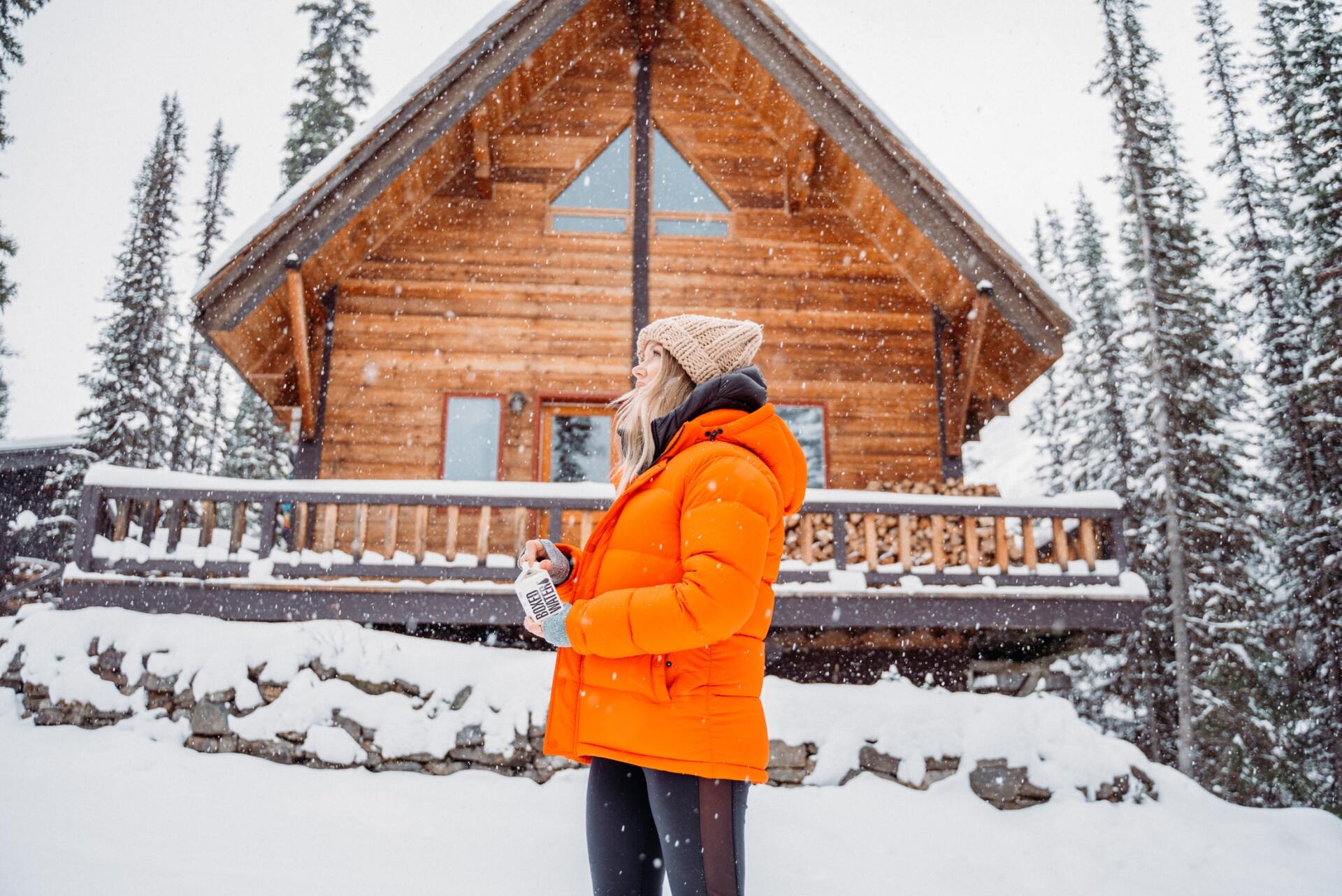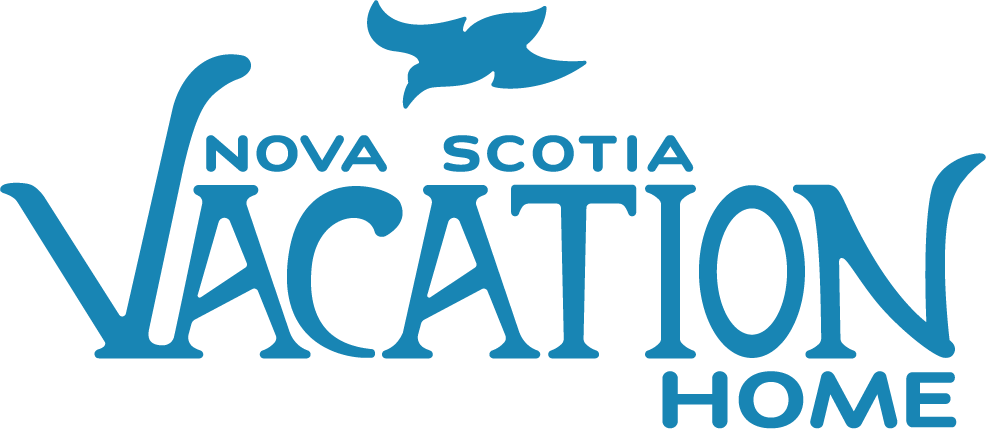15 Tips for Buying Your First Vacation Rental Property
Consider the risks and rewards of owning investment property.
Thinking about getting into the vacation rental property business? In spite of the challenges presented by COVID-19, tourism real estate has continues to produce many of the world's wealthiest people, so there are plenty of reasons to think that it is a sound investment.
1. Are You Cut out to Be a Landlord?
Do you know your way around a toolbox? How are you at repairing drywall or unclogging a toilet? Property owners who have one or two homes often partner with a vacation property manager for construction, repair and management needs. For owners who are not tool-handy, putting together a solid team of cleaners, handymen (aka handywomen), and contractors, can save both time and money - very valuable resources these days!
2. Find the Right Location
The last thing you want is to be stuck with a vacation rental property in an area that is declining rather than stable or picking up steam. A city or locale where the population is growing and a revitalization plan is underway represents a potential investment opportunity.
When choosing a profitable vacation rental property, look for a location with low property taxes, a decent school district, and plenty of amenities, such as parks, malls, restaurants, and movie theaters. In addition, a neighborhood with low crime rates, access to public transportation, and a growing job market may mean a larger pool of potential renters.
3. Factor in Unexpected Costs
It's not just maintenance and upkeep costs that will eat into your vacation rental income. There's always the potential for an emergency to crop up—roof damage from a hurricane, for instance, or burst pipes that destroy a kitchen floor. Plan to set aside 20% to 30% of your rental income for these types of costs so you have a fund to pay for timely repairs.
4. Avoid a Fixer-Upper
It's tempting to look for the house that you can get at a bargain and flip into a vacation rental property. However, if this is your first property, that's probably a bad idea. Unless you have a contractor who does quality work on the cheap—or you're skilled at large-scale home improvements—you likely would pay too much to renovate. Instead, look for a home that is priced below the market and needs only minor repairs.
5. Calculate Operating Expenses
Operating expenses on your new vacation rental property will be between 35% and 80% of your gross operating income. If you charge $1,500 for rent and your expenses come in at $600 per month, you're at 40% for operating expenses. For an even easier calculation, use the 50% rule. If the rent you charge is $2,000 per month, expect to pay $1,000 in total expenses.
6. Buy a Low-Cost Home
The more expensive the home, the greater your ongoing expenses will be. Holly Gould of Nova Scotia Vacation Home recommends starting with a $150,000 home in an up-and-coming neighborhood. In addition, she advises never to buy the nicest house for sale on the block, ditto for the worst house on the block.
A Final Word
Be realistic in your expectations. As with any investment, rental property isn't going to produce a large monthly paycheck right away, and picking the wrong property could be a catastrophic mistake. For your first rental property, consider working with an experienced partner. Or, rent out your own home for a period to test your proclivity for being a landlord ☺
Partner with Holly Gould of Nova Scotia Vacation Home
As this article states, you don't want just anyone managing your properties. The team led by Holly Gould of Nova Scotia Vacation Home has the integrity and experience to manage all the fine points of vacation property management. Trust Holly and her team for professional cleaning, on-site maintenance, and guest booking, onboarding, and turnover.
Learn more about how we can help you make the most of your rental property investment.






